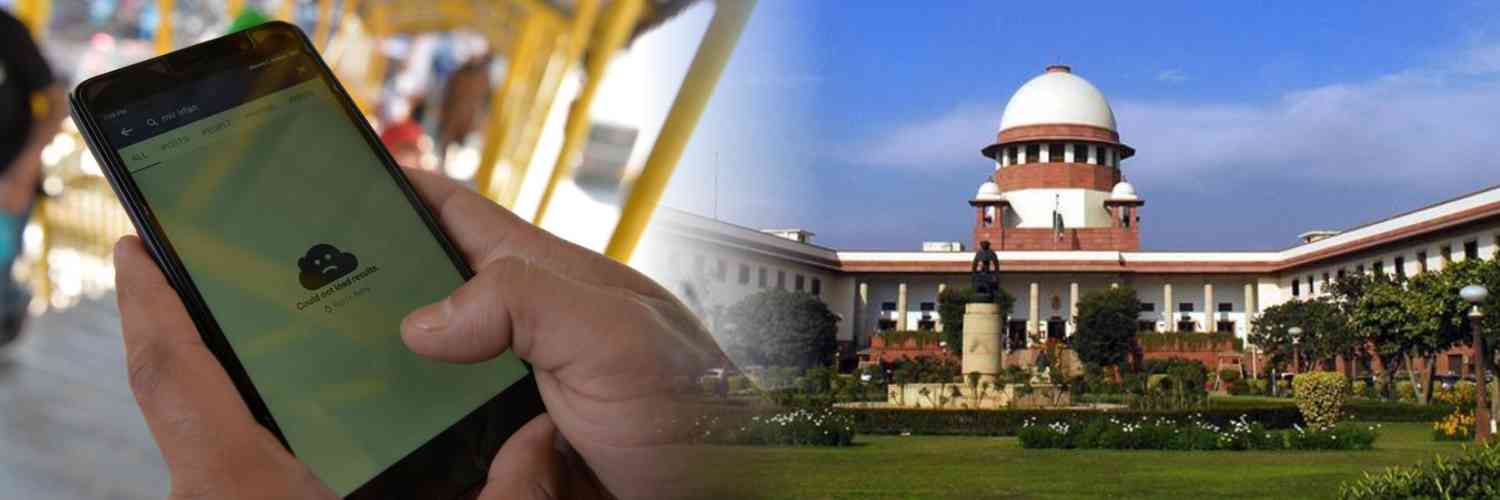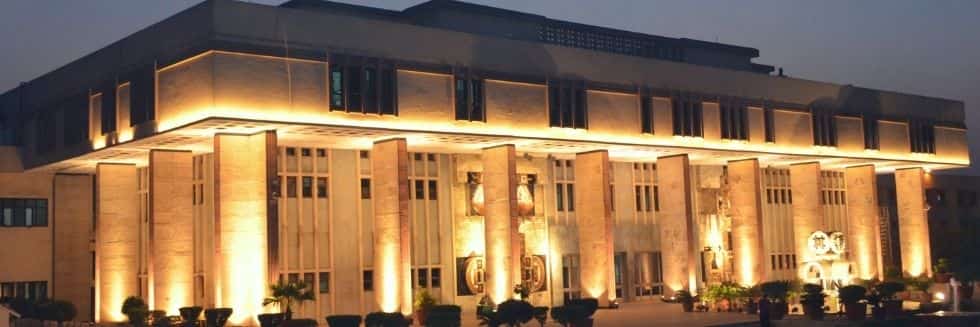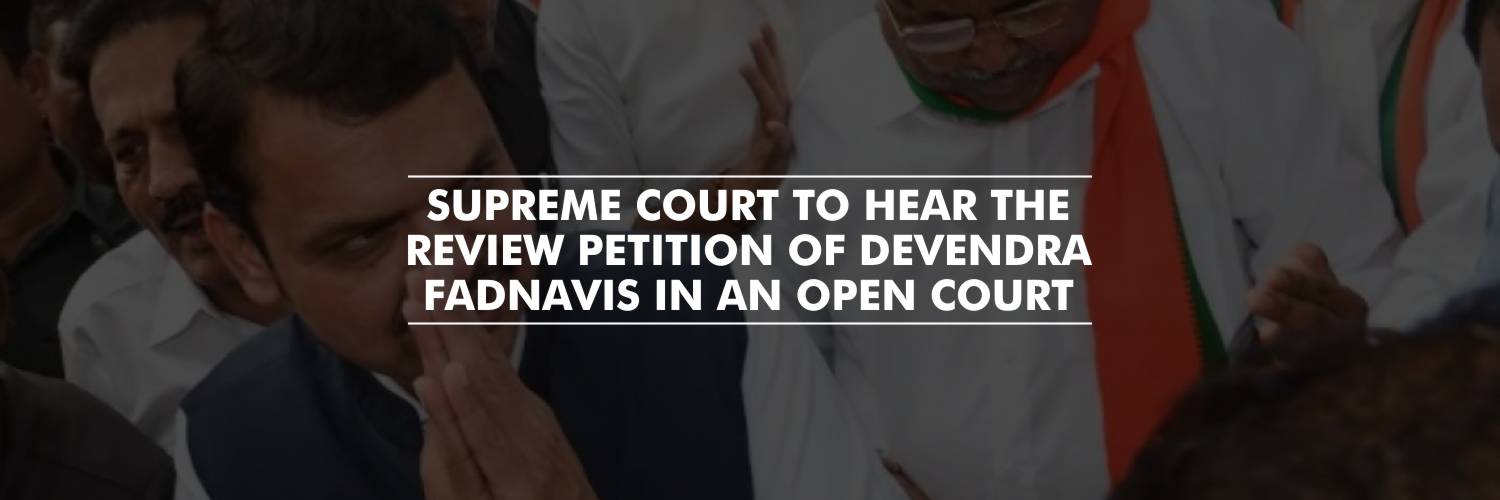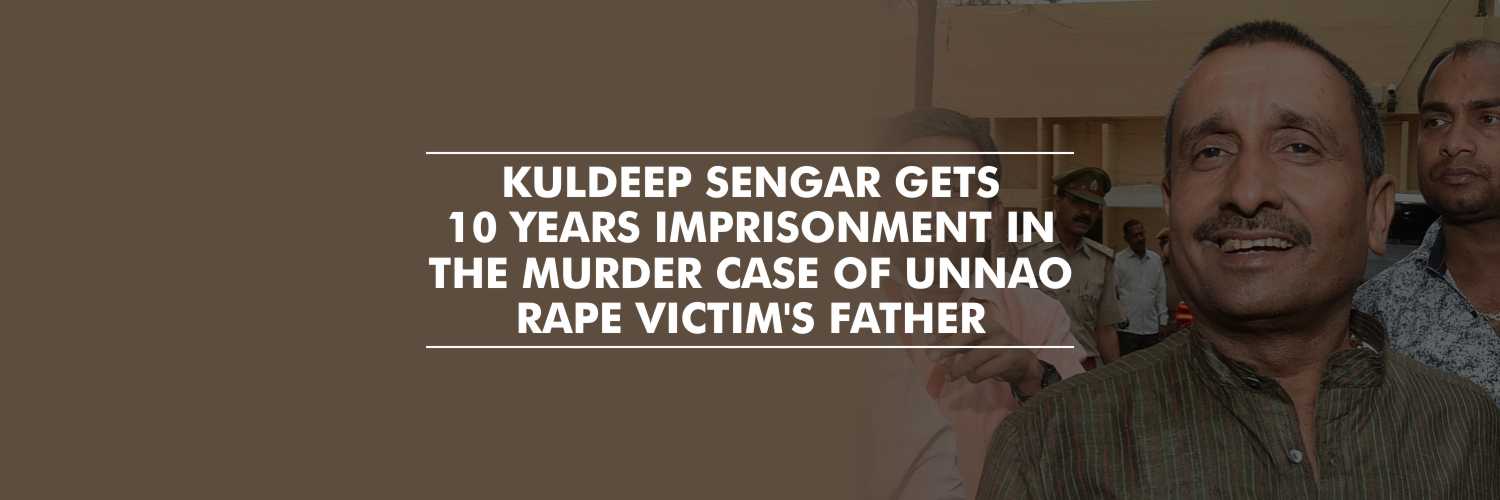Supreme Court has sought centre’s reply on the contempt plea filed by a media group for not conducting the review on the suspension orders of 4G internet services in Jammu and Kashmir. Centre and Jammu and Kashmir administration are directed to file the reply within a week.
On June 9, NGO Foundation for Media Professionals (FMP) had filed a contempt plea accusing centre government of not taking any action under the top court’s earlier order and has not formed the special committee yet.
On May 11, the top court had directed the centre as well as J&K administration to constitute a committee that will examine the internet restrictions and the issues faced by the residents. The members of the committee must include Secretary, Union Ministry of Home Affairs as Chairperson followed by the Secretary, Department of Communications, Union Ministry of Communications, and the Chief Secretary, Union Territory of Jammu and Kashmir.
Centre tells the apex court that the special committee presided by Union Home Secretary Ajay Kumar Bhalla had held two meetings but had postponed the decision in view of the startling situation of continued terror attacks in the valley.
Attorney General K.K. Venugopal told the three-judge bench headed by Justice NV Ramana, that the committee has asked J&K administration to submit the further reports and has agreed to meet after a period of two months.
“Your Lordships’ direction has been complied with. The committee was constituted. There is no question of contempt here,” added SG Tushar Mehta while responding the contempt plea.
Senior advocate Huzefa Ahmadi and advocate Shadan Farasat, appearing for the petitioner had asked the concerned authorities to review the internet restrictions every week and publicize the deliberations and orders for extreme transparency for public. Ahmadi further added that the idea was not pass orders and keep it in the drawer.
Ahmadi argued, “What people in other parts of the country can access, the people in J&K cannot. This is an infringement on their right under Article 21 of the Constitution.”
“Twenty-nine days have elapsed since this court expressly directed the special committee to ‘immediately’ determine the ‘necessity’ of the continuation of restrictions on Internet access in Jammu & Kashmir. However, to the best of the petitioner’s (Foundation) knowledge, no action has been taken by the special committee either to comply with this direction or review J&K government’s orders of 11.05.2020 and 27.05.2020,” stated the plea.
The plea also mentioned that there is no information available in the public domain about whether the constitution of the special committee has been notified; whether it has conducted any meetings; or passed any orders since it was directed to be established through this court’s judgment on May 11. The plea further stated that such a lax attitude, especially during a health pandemic and humanitarian crisis, violates both the letter and the spirit of this court’s judgments which took judicial notice of the concerns relating to the ongoing pandemic and the hardships that may be faced by the people of Jammu & Kashmir.
The petitioner also submitted that the J&K had also been giving excuses like “onslaught of summer” and “the melting of snow” to support the internet services ban in the Union Territory. “Such perennial reasons render Internet restrictions permanent and are not based on any emergency or urgency and go against the spirit of the Telecom Suspension Rules,” stated the petition.
The petition has also cited top court’s judgment in Anuradha Bhasin case where the court stated that restrictions cannot be permanent and if the special committee has been formed, it is supposed to review the ground situation every seven days.






